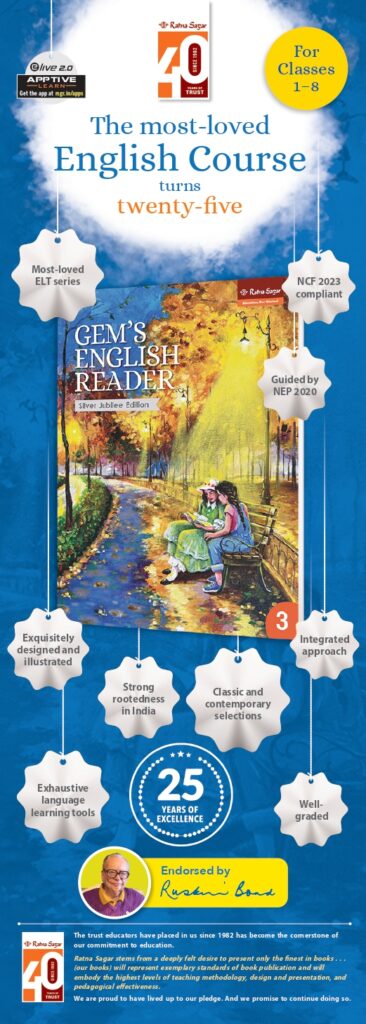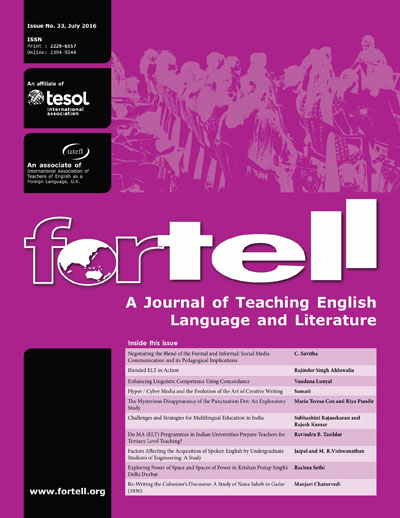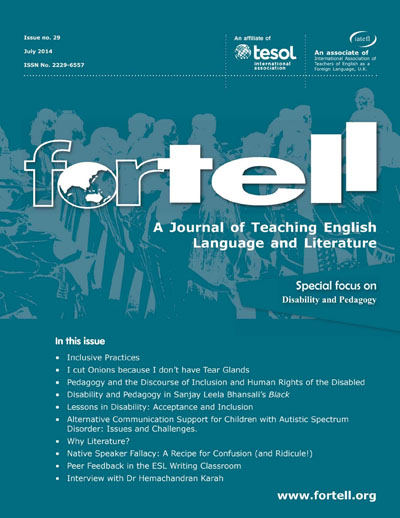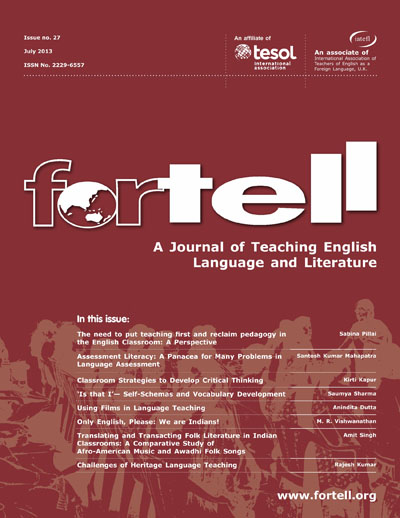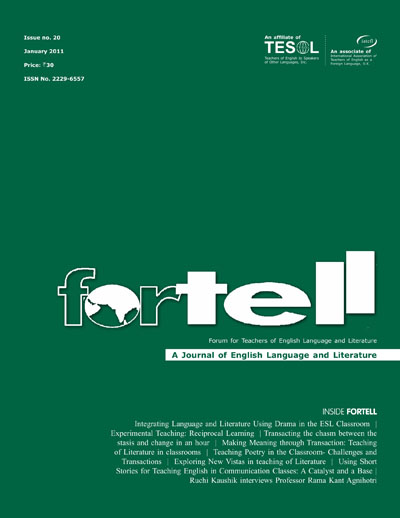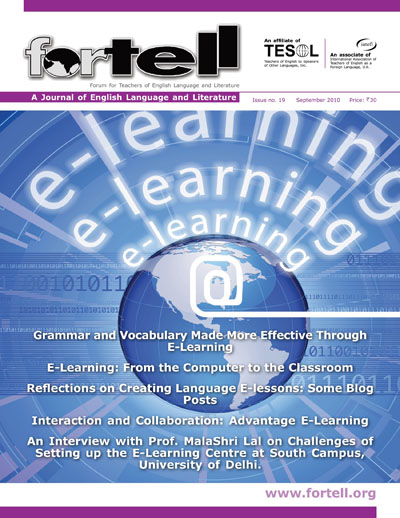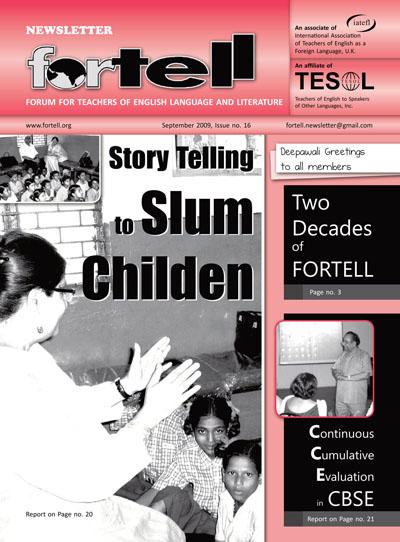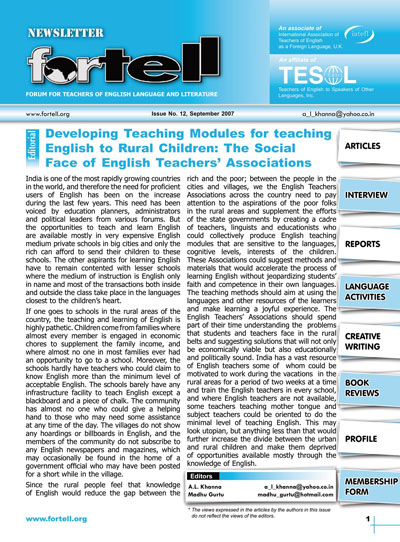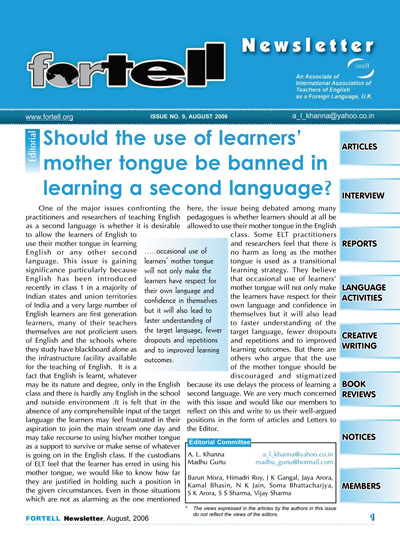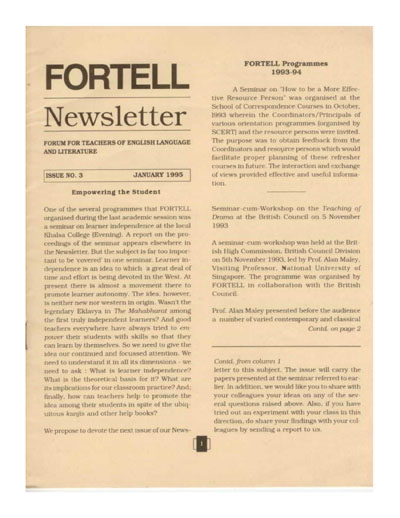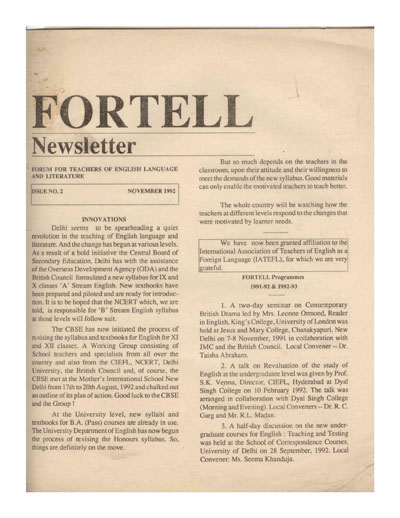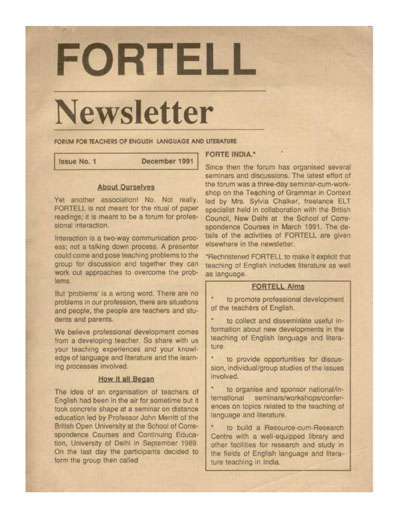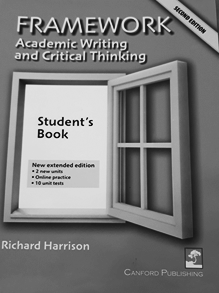 Harrison, Richard. (2017). Framework: Academic writing and critical thinking (2nd Ed.). London: Canford Publishing Limited. (139 Pages)
Harrison, Richard. (2017). Framework: Academic writing and critical thinking (2nd Ed.). London: Canford Publishing Limited. (139 Pages)
ISBN 978-1-910431-03-0 (Paperback)
₹ 1067
Richard Harrison’s many years of teaching experience in the Middle East have afforded him a privileged point from which to observe what is needed for challenging an academic context where English is the medium of instruction at the tertiary level. Framework: Academic Writing and Critical Thinking is the latest of several books aimed at providing teachers with the tools to tackle academic writing in a structured way, while at the same time, admitting flexibility according to the requirements of a particular syllabus.
Over ten units, with each unit focused on a particular type of writing, students are presented with a variety of topics through which they can develop not only their writing skills, but also reading, vocabulary, and grammar. Harrison uses both “thinking frameworks” and “writing frameworks” to assist students in planning different types of writing, ranging from essays and reports to the analysis of data which forms part of the IELTS Writing paper. Through his texts, he introduces topics that can be discussed in preparation for writing, and these texts are of a length that is suited to developing writing rather than reading skills. Each text has enough content to offer challenges in terms of vocabulary and language, at the same time suggesting, motivating, and promoting application to a specific pattern of written organization, thus not distracting from the writing focus as would be the case with longer texts. Further, questions on these reading texts are aimed to improve writing practice, particularly the development of structure and support. In this way, they provide a framework for thinking critically through the analysis of language and structures specific to each essay type, but with suggestions of alternate approaches. Teachers can, therefore, select what best fits the dynamics and needs of their classrooms and students.
A book which deals with academic writing has to cover a number of writing types as part of preparation for general academic courses at the tertiary level, or for International English examinations such as IELTS or Cambridge English. In order to do this, each unit in Framework highlights specific writing skills—from writing topic sentences to avoiding plagiarism, and even answering exam questions. The book considers the fact that there are many writing skills at the level of grammar, sentence and text structure which may be problematic for students at this level, and that these need to be reviewed in order to help students advance beyond a certain level when they plateau.
It is necessary to motivate students to write academically as they do not do so unless prompted; thus, topics and tasks have to be chosen accordingly. Harrison’s emphasis on frameworks for critical thinking gives students time and scope for this important exercise as they can plan and organize their ideas before finally producing a piece of academic writing. The use of jumbled texts which can be photocopied from the accompanying Teacher’s Book, and cut out for pairs or groups of students to work on collaboratively, is an excellent idea, although completed “texts” could be provided for teachers as a guide as there can be variations that are not noticeable at first. In that way, teachers too have a guide—after all, time is always of essence for both students and teachers.
Layout is another aspect where a subject course book may fall short, but here the balance between images, diagrams, text and space is just right. There are no unnecessary spaces, but at the same time there is enough space for notes. Particular note should be made of the space given for writing frameworks. These spaces are included in each unit and give students enough room to make notes, but not write extensively as frameworks are not essays, obviously. One may find the presence of frameworks repetitive but, as mentioned earlier, the flexibility with which any part of a unit can be used is one of the strong points of this academic writing book. Teachers are free to use everything in a unit, or select the parts that give their students the practice that they need. Whichever part is used, it will develop the students’ critical thinking and writing skills, which is the aim of this well-thought and well-designed book.
Catherine Baker has been a teacher of English for forty years. Presently she is teaching at Modern College of Business and Science, Muscat. Her academic interests are writing skills and intercultural communication.
cathbaker14@gmail.com








